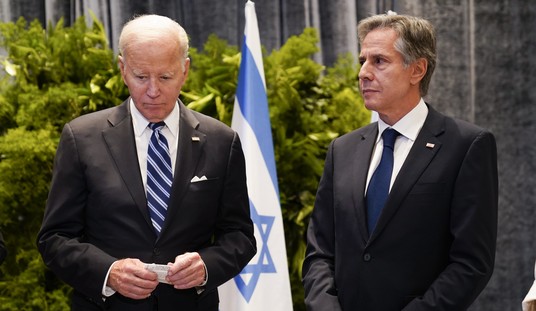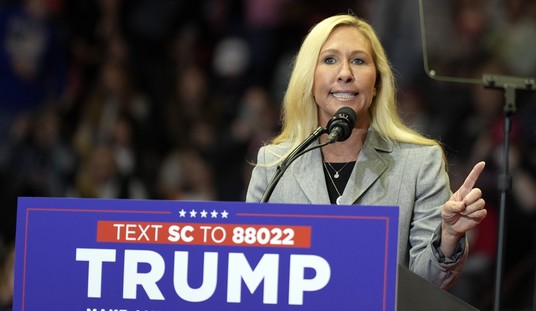This week, the House debated and passed the FY13 Energy-Water appropriations bill, which primarily funds the Energy Department and agencies within the Department of Interior. While House leadership claims to support a balanced budget, they are not willing to eliminate the requisite number of programs needed to achieve that goal. As conservatives, we believe that the entire Department of Energy – except for the nuclear and defense programs – is wasteful or harmful, and should be eliminated. Yet, this bill would actually slightly raise spending levels from last year by $88 million.
Conservatives (and in one instance, even Dennis Kucinich) used the open amendment process to offer further cuts to energy programs. Most of these cuts are relatively small, but they portend a broader significance. It’s hard to imagine a majority of these members supporting larger entitlement reforms if they lack the gumption to vote for small cuts in discretionary programs. Moreover, some of these programs, while relatively small in their cost to taxpayers, are quite destructive in their distortion of the energy market.
In an ongoing effort to open up the process to the public and share the voting tallies, here is a list of some of those amendments along with the roll call votes:
Green Energy
- Chaffetz amendment that would reduce funding for energy efficiency and renewable energy activities by $74 million. [roll call #310]
- McClintock amendment to cut $1.5 billion from green energy programs. [roll call #311]
- McClintock-Kucinich amendment that blocks funding for section 1703 loan guarantee program. We’ve had enough Solyndras, and evidently, even Dennis Kucinich gets the message. [roll call #328]
- Landry (R-LA) amendment prohibiting funding for DOE media campaigns promoting green energy and an agenda directed “to decrease oil consumption in the United States during the 10-year period.” The amendment actually passed by voice vote, but we must ensure that it is not jettisoned from the final spending agreement at the end of the fiscal year.
Fossil Fuels
- McClintock amendment to eliminate the Office of Fossil Energy (OFE), saving $428 million. This program essentially funds clean energy programs and R&D for fossil fuel companies. While most of the talk concerning subsidies for fossil fuels is in reference to universal tax credits, there are some real subsidies as well. This is one of them. We shouldn’t subsidize any private venture. [roll call #317]
Economic Development
- Chabot (R-OH) amendment that would eliminate 5 economic development (stimulus) programs, saving nearly $100 million; the Appalachian Regional Commission, Delta Regional Authority, Denali Commission, Northern Border Regional Commission and Southeast Crescent Regional Commission. These should not be within the purview of the federal government. [roll call #334]
General Spending
- Blackburn amendment to cut 1% across the board from the bill, thereby actually spending less on energy programs than the previous year. It would have saved taxpayers $321 million. [roll call #335]
- Mulvaney amendment that would have cut $3.1 billion to all accounts in the bill except funding for the U.S. Army Corps of Engineers, National Nuclear Security Administration, and nuclear energy related accounts. [roll call #336]
- Flake amendment to cut 0.027% across-the-board from the bill, bringing spending in line with last year’s appropriations. As the Club for Growth’s Chris Chocola points out, there is somewhat of an enigma with 18 members voting for Blackburn’s 1% cut but against this smaller cut. [roll call #337]
Labor Wages
- King amendment that would have barred funding for job-killing Davis-Bacon prevailing union wages. [roll call #338]
Cross-posted to The Madison Project














Join the conversation as a VIP Member